Don't give a toss about Ransomware? You Should
Ransomware has been around for many years. The first know ransomware attack happened in 1989 and targeted the healthcare industry. Sadly, nothing got learnt from this first attack, and in 2017 the NHS was taken down by the infamous WannaCry ransomware attack.
In December 2019, two other notable businesses got hit by Ransomware; The Heritage Company, a 61-year-old telemarketing firm that works with nonprofit organisations in America, went out of business before Christmas directly from being hit by Ransomware.
And Travelex (the global currency exchange) had their data encrypted in December 2019 and entered administration with over 1000 jobs under threat, due to the attack.
Could your small business survive a week or more without being able to service your clients? Probably not. You may have a war chest to keep you afloat, but that's not going to stop your clients from going elsewhere; they can't spend time waiting for you to get your act together before you can serve them.
It doesn't have to be this way.
The fact is, it is straightforward to protect against Ransomware, especially for small businesses. There is no excuse as to why your small business is not protected.
Stripping Email Attachments
When you send an email to one of our clients, Gmail runs numerous security checks on the email with its leading spam and malicious content filtering. Additionally, to stripping common infection file types that can lead to ransomware, we also strip any files that contain macros.
Macros are special commands that can be included in documents, most commonly Word and Excel. Generally used as a time saver to automate repetitive processes, Macros can also use them for malicious deeds. Ransomware gangs will attempt to trick you into opening a file, and once you have the macros will secretly download an encryption program to encrypt your data.
If someone needs to send or receive a file containing macros for a business process, we teach the users how to share files through Google Drive, which is a far more secure way to share any attachment, no matter the type.
Google Docs, Sheet and Slides
All our clients use Google Workspace as their productivity suite rather than Microsoft Office 365. With Google Workspace, they have access to Docs, Sheet and Slides; these are Google's equivalent of Word, Excel and PowerPoint.
Docs, Sheets and Slides do not get saved in a traditional file format, unlike a Word, Excel or PowerPoint document. That gets saved as a file on your computer or server, with all the data contained within that file.
The way Google Drive saves these "files" makes Docs, Sheet and Slides immune to a Ransomware attack, and there is no way for these files to get encrypted.
So if you did get tricked into installing some software that ran rampage over your computers, your Docs, Sheets, and Slides would remain safe.
With the other files saved in your Google Drive, there is a quick rollback option for any data that did get encrypted so you can quickly revert them to their unencrypted state.
And due to the way Google manages your files, cybercriminals can't take a copy of your files and threaten to published them publically if you don’t pay.
Backups
Why is ransomware such a popular way to attack? Because most companies don’t have working backups, so they end up paying the ransom to regain access to their data, even though paying the ransom does not guarantee access back to your data.
Independent backups will help you recover your encrypted data, as long as your backups have been set up correctly and don’t also get encrypted. Assuming everything is OK with your backups, you should be up and running again in a few hours or days at most.
If you don’t have backups, you will end up paying the ransom to get your data back; that is the reality, could a few grand, but probably more, who knows?
But, backups are no longer the “get out of jail free” card they once were. Cybercriminals during the encryption process will also take copies of your files, so even if you can recover your data from your backups - they will then threaten to publish your files freely on the web for anyone to view unless you pay up! Or course, if you’re using Google Workspace as described earlier, you won’t have this problem.
What can you do today?
With our IT support package not only do you get Google Workspace and ransomware immunity, but we also make independent backups of all your data. So if someone were able to crack Google, your data would be recoverable. Book a video call below to learn more.

